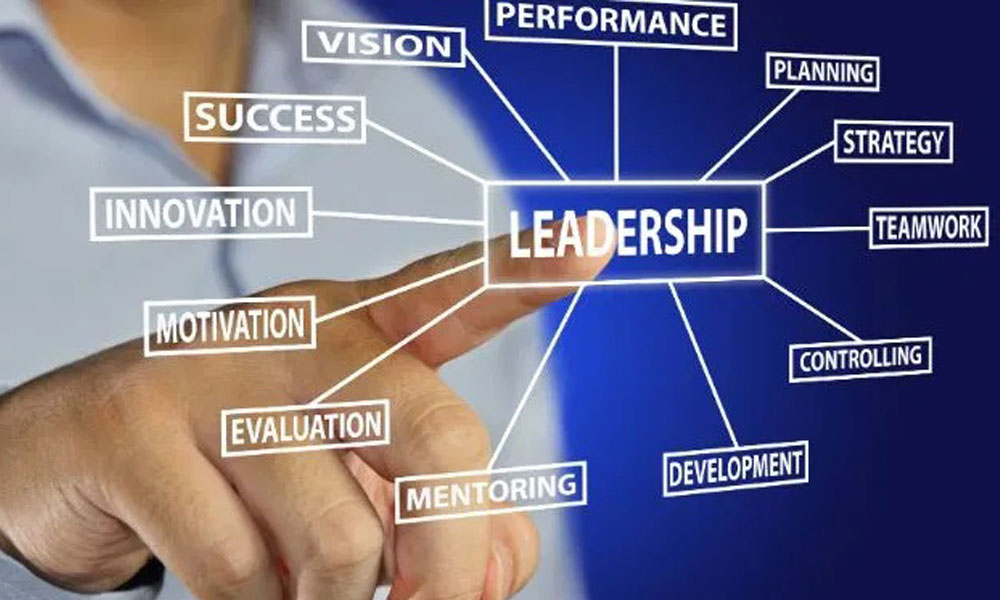Leadership Styles
Whether we are administrators, teachers, or supervisors, we constantly find ourselves functioning in leadership capacities. We are interested in the development of the leadership of the youth in our schools and in the leadership development of the adults who are working with us.
Overview
- No Of Test 1
- No Of Questions 12
- Duration 25 Minutes
- Test Type Objective
- Language English
- Mode Online
- Report PDF
The Leadership Styles Test:
Frequently, the various fields of psychology and education have advanced different theories of what makes for good leadeship. A look at some of these varying points of view may improve our understanding of leadership.
The test helps to know the various Leadership styles: The Situational Approach The Behavior Approach Styles-of-Leadership Approach Function – Leadership Approach Practice of Democratic Leadership Situational Leadership Social Styles.
How To Give The Test?
-
The Purpose
-
To provide the operating leadership style of a person to enhance effectiveness.
-
-
Setting
-
It is important not to rush completion, so a quiet place for undisturbed working/responding is required.
-
-
Method
-
Read the instructions before completing the survey. Consider each statement separately. Consider the results carefully in order to assess how valid they are.
-
Summary Of The Theory By The Creator
Debjani Ghosh
Test CreatorFrequently, the various fields of psychology and education have advanced different theories of what makes for good leadeship.A look at some of these varying points of view may improve our understanding of leadership.:
The Situational Approach
The Situational approach is based upon the hypothesis that a leader’s behaior may vary from one setting to another. The different situations require different leaderhip behavior. Many variables enter into producing leaders. However, there are only two types of forces which influence how a leader arrives at a leadership position.
The Behavior Approach
Another approach has been to analyze the kinds of functions which people carry out when they are in positions of leadership. The kind of leadersip position person holds will determine the degree to which he carries out certain functions.
Styles-of-Leadership Approach
In the past 15 years a great deal of attention has been given to investigating what kind of group climate is created by different styles of leadership behavior.Studies done at the University of lowa included a thorough investigation of the effects of different styles of adult leadership behavior on groups of young people.
Function – Leadership Approach
This concept of leadership seeks to discover what actions are required by groups under various conditions if they are to achieve their objectives and how different members take part in these actions. Leadership is viewed as the performance of those acts which are required by the group.
Practice of Democratic Leadership
The implications of these different approaches to leadership seem important if we realize that the strength of any democracy is directly proportional to the practice of it by its citizen leaders. If democratic leadership is to be practiced, it needs to be understood in its operational terms so that as leaders and trainers of leaders we can make real understanding of the democratic processes.
Situational Leadership
Situational Leadership is based on the inter-relationships between task behavior, relation behvior.and the maturity level that the followers exhibit for a specific task .The Situtional Leadership model is a behavioral model and is sequential, developmental and thematic.



